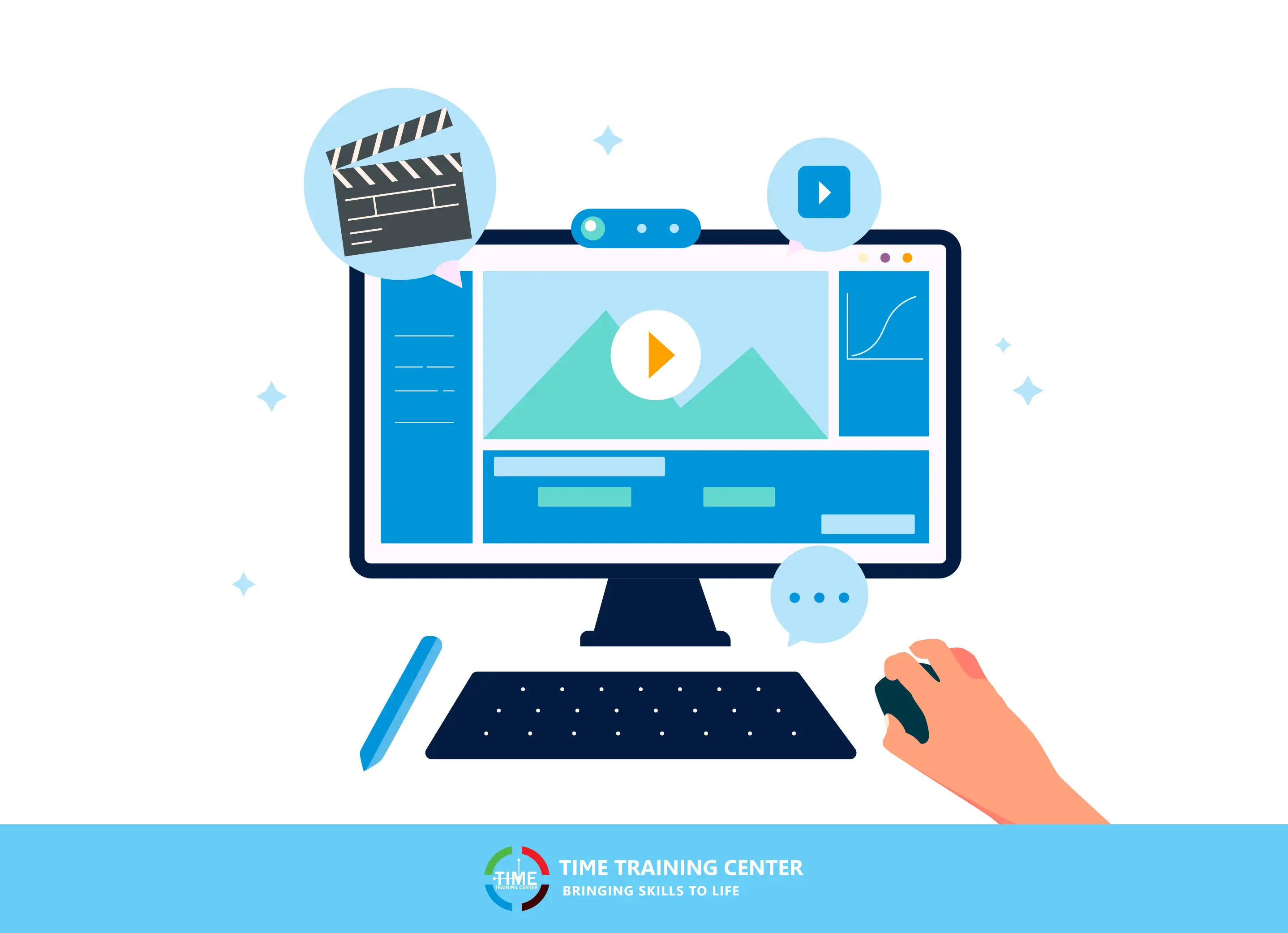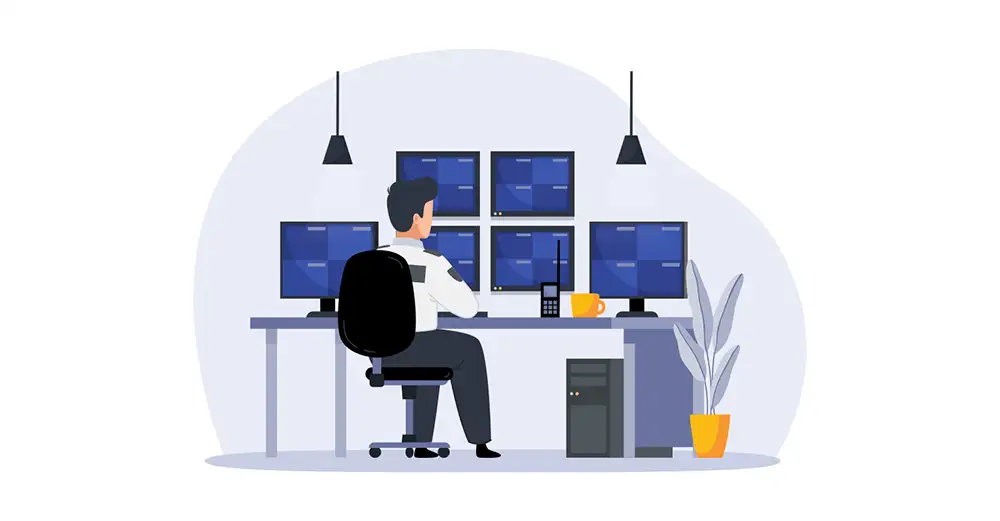In a digital era dominated by visual content, the role of a video editor has become increasingly pivotal across diverse industries. Whether crafting compelling narratives in films, producing engaging online content, or contributing to television broadcasts, the demand for skilled video editors continues to soar.
Suppose you're passionate about storytelling through visuals and aspire to carve a niche in this dynamic field. In that case, this blog will guide you through the essential steps to become a proficient video editor.
Video Editor Career: Education and Training Requirements
Getting the right education is a crucial step to become a video editor. There are a few paths you can take. Some people go to film schools or study media in college. Others choose online courses, which can be more flexible. Learning about video editing software is a key part of your education.
Programs like Adobe Premiere Pro, Final Cut Pro, and DaVinci Resolve are commonly used, so getting familiar with them is important. Hands-on training and practical experience are also valuable, so try to work on projects and build a portfolio. Whether through traditional education or online courses, gaining the right skills will prepare you for a successful career in video editing.
Guide to Become a Video Editor
Gaining Practical Experience and Mastering Video Editing Software
Acquiring practical experience and mastering editing software are pivotal steps in becoming an adept video editor. Here's a breakdown;
Gaining Practical Experience
-
Seek internships or entry-level positions for hands-on learning.
-
Work on personal projects to apply and refine your skills.
-
Build a diverse portfolio showcasing your capabilities.
-
Network within the industry for potential opportunities.
Mastering Video Editing Software
-
Familiarize yourself with popular software like Adobe Premiere Pro, Final Cut Pro, and DaVinci Resolve.
-
Utilize online tutorials and courses to deepen your understanding.
-
Practice regularly, editing various content to enhance proficiency.
-
Stay updated with the latest software updates and industry trends.
Balancing practical experience with software mastery ensures a well-rounded skill set, preparing you for success in the dynamic field of video editing.
Check out the Top Video Editing Software
Developing Soft Skills
Soft skills are crucial for a successful career in video editing. They complement technical abilities and enhance collaboration and adaptability. Here are key soft skills to focus on:
-
Effective Communication: Express ideas clearly and understand client or team needs.
-
Time Management: Juggle multiple tasks efficiently and meet deadlines.
-
Flexibility: Adapt to changes and navigate unexpected challenges.
-
Collaboration: Work well with others, fostering a positive team environment.
-
Problem Solving: Approach issues creatively to find practical solutions.
-
Attention to Detail: Ensure the quality and precision of your editing work.
-
Creativity: Think outside the box to bring innovative ideas to your projects.
Developing soft skills alongside technical proficiency will make you a skilled video editor and a valuable team player in the dynamic industry.
Freelancing vs. Full-Time Employment
Deciding between freelancing and having a full-time job is like choosing different paths in your video editing journey. Freelancing means you work for yourself, taking on different projects from different people. It offers flexibility but also means you need to find your own clients.
On the other hand, a full-time job means working for a company with a regular schedule and a stable income. Both paths have their pros and cons, so it depends on what you prefer. Freelancers have more freedom, but full-time employees have a steady paycheck. Consider your goals and lifestyle to decide which path suits you best on your video editing adventure.
Staying Updated with Industry Trends
Staying current with industry trends is vital for video editors. Follow blogs, forums, and social media to stay informed about the latest tools and techniques. Attend conferences and workshops to learn from experienced professionals, ensuring you're equipped with the latest knowledge.
Building a Strong Portfolio
Creating a strong portfolio is crucial for showcasing your video editing skills. Hence, here are the steps to build a strong portfolio;
-
Select a diverse range of your best work.
-
Organize your portfolio for easy navigation.
-
Include personal projects, class assignments, or freelance work.
-
Highlight your storytelling abilities through editing.
-
Regularly update your portfolio to showcase growth and versatility.
Conclusion
In conclusion, becoming a skilled video editor involves learning, practice, and adaptability. The path is diverse, from understanding the role to gaining practical experience, mastering software, and developing soft skills. Building a strong portfolio and staying updated with industry trends are crucial steps. Whether choosing freelancing or full-time employment, aligning your path with personal goals is essential. With dedication and a commitment to continuous improvement, aspiring video editors can navigate the industry's dynamic landscape, creating compelling visual stories along the way.
 +971 2 6713828
+971 2 6713828




